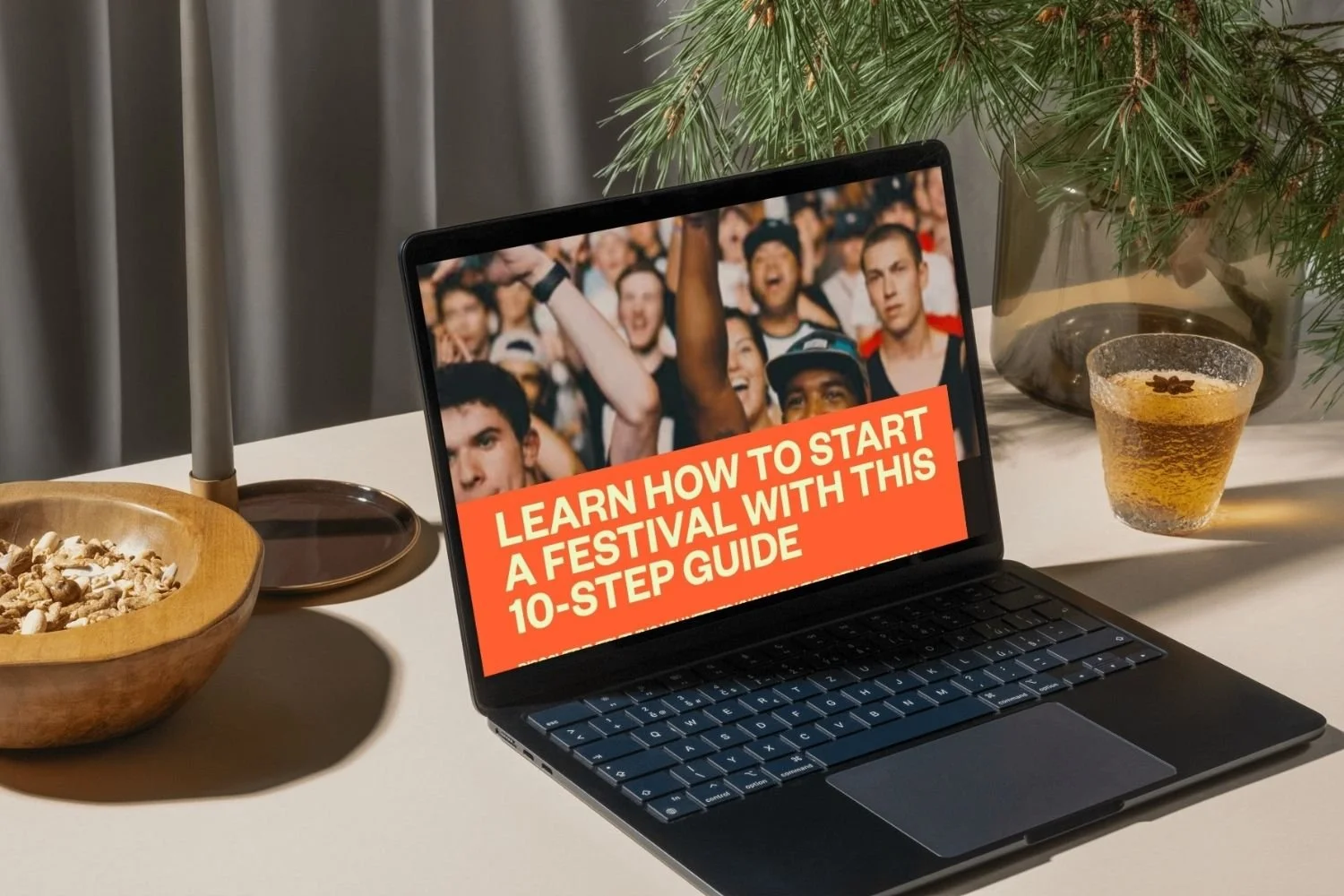How to Handle Difficult Guests at Events
As an event planner, handling difficult guests is an unavoidable part of the job.
While most events run smoothly, there are always a few moments where things can get tricky. Whether it's an unruly guest, a complaint, or a dispute, how you handle these situations can make or break the atmosphere of your event.
Here are three quick tips for handling difficult guests:
Stay Calm and Professional
Maintain a composed demeanour. Respond politely, listen actively, and avoid escalating the situation. Your calm presence can often defuse a tense moment.
Address Concerns Privately
If a guest is being disruptive or confrontational, remove them from the situation by addressing their concerns in a private setting. This prevents attention from being drawn to the issue while showing respect for the guest’s feelings.
Set Clear Boundaries
Clearly communicate event rules from the start and make sure all guests are aware of expectations. If a situation escalates, don’t hesitate to enforce these boundaries to maintain the event’s integrity.
By handling difficult guests with patience, professionalism, and clear communication, you can ensure your event stays on track and everyone enjoys themselves. Keep these strategies in your toolkit, and you'll be ready for anything that comes your way!
🧠 Planning ahead helps too. The Event Risk Management Kit includes incident response templates and comms strategies for unexpected guest behaviour.
You Might Also Like
Meet Your Mentor
Hey! I’m Rachella — founder of Event Kit and an Event Consultant with 25+ years of experience running world-class festivals and public events. I created Event Kit because I knew there had to be a smarter, less overwhelming way to plan pro-level events.
EVENT KIT LIBRARY
Guides & Tutorials: Expert Insights & Event Planning Inspiration
Your go-to for practical event planning advice, from beginner basics to smart professional development.















